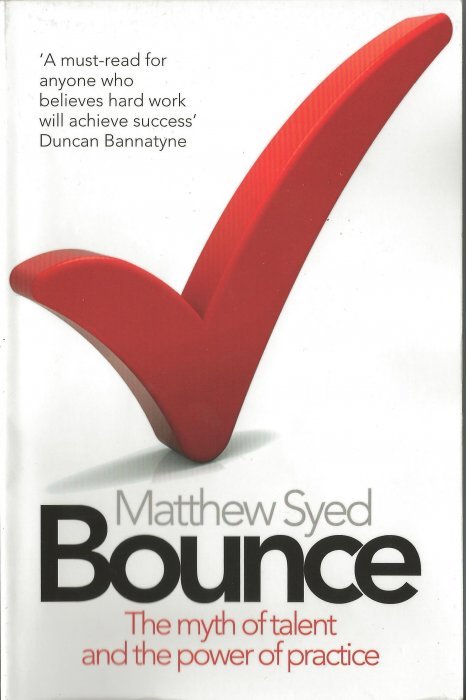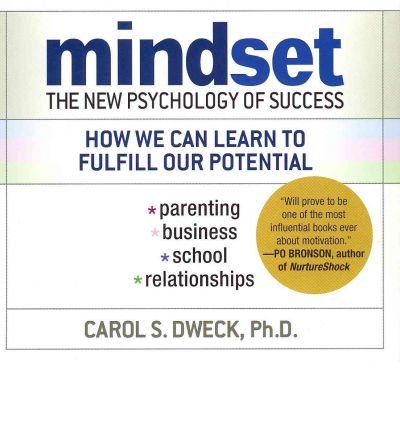I’m finishing to read these 2 books:
- Mindset, by Carol Dweck
- Bounce, by Matthew Syed

The main idea is that there is a difference that makes all the differences in terms of results, performances, well-being, relationships. And we can all make it happen: shifting from what Carol Dweck called a Fixed Mindset to a Growth Mindset.
What? We can change all of these with a shift inside of us?!?
Yes. And much much more. I highly recommend to read the 2 books above if you want to transform and unleash your potential.
In summary:
– Fixed Mindset: we believe in talent above all. We believe in labels, and status, such as “I’m good”, “I’m average at this” or “I suck at that!”. That if we achieve something, it’s because we’re talented. If not, it’s because we’re not talented. In any case, that if we have to make efforts, it means it’s not for us.
Most important: that our genetics and “natural talents” define who we are and the results we will have, meaning that if I’m talented at something, for sure I will be successful. And when we’re not, we won’t.
– Growth Mindset: we believe in one word: Efforts. That with efforts, we will develop our potential. Consequently, unlike the Fixed Mindset, we’re eager to have new challenges to overcome. They stimulate us. They excite us.
And, unlike the Fixed Mindset again, we have no idea how successful we will be. In fact, rankings don’t matter much for us. What matters is improvements and developing ourselves.
Ironically, most often people with a Growth Mindset get better results. In their works. In their intimate relationships. In their lives. And most important, in their happiness.
When we are kids, we all have a Growth Mindset. We don’t think: “oh, I’m not talented enough, I won’t learn to speak, I won’t make efforts to walk.”
The issue comes from our environment, that makes us believe in the “talent superpowers”:
– our parents
– our teachers
– our classmates
They all have the potential to hinder this growth mindset with their comments such as:
– “oh you’re so smart, you get this so fast”
– “she’s more intelligent than him”
– “he’s not very clever”
That’s right: whether it’s a positive or negative comment, in both cases it drives our kids (and let’s remember we’re all kids anyway) to think that they deserve some kinds of comments for some kinds of talent. With all the kinds of praises, or insults, related to a kind of talent, we end up in a Fixed Mindset.
And at this point, we’re stuck in a kind of pathway where we won’t fulfil our potential.
My Big Take Away
Praise efforts.
Tell my students, friends, nephews, kids, that they have done a great effort. And if not, that they haven’t.
In any case, that their futures, our futures, depends on what how much energy we are willing to invest. The challenges we overcome. The focus we give to learn and find out more and more answers. Every single day.
Matthew Syed points that it’s true we all need 10 years of practice to achieve any sort of mastery. And yet, not any kind of practice. You might have driven a car for ten years and still being a danger for others for instance!
What we need is 10 years of training that is focused on improvements. What he calls purposeful practice.
And this, my friend, is the Secret for Peak Performance and great achievements of any sort!
The Challenge Of The Week
Ask yourself:
“Where in my life do I feel that I can’t achieve more, that I’m not talented enough, that it’s not for me?”
Things like “I’m not flexible so I can’t do yoga”, “I can’t swim”, “I don’t have a good forehand anyway”, “I can’t speak in front of people”.
Any change starts with awareness! Enjoy the process!
And, most important: “Enjoy the great efforts!”
